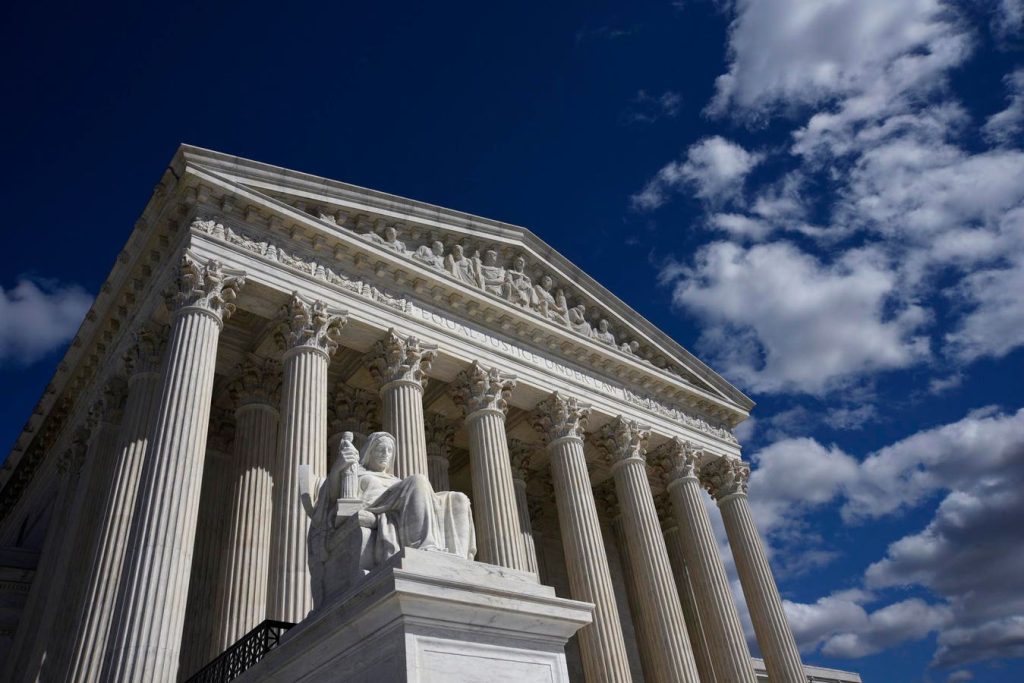In a live recording from the American Bar Association Section of Taxation May meeting, Libin Zhang and Kristin Hickman discuss the implications of Moore v. United States and the challenges to the Chevron doctrine. They delve into issues surrounding tax policy, including the questioning of settled legal questions and potential changes in governmental power in the realm of tax law.
Moore v. United States has raised questions about when income can be taxed and whether certain assumptions about taxing power and the IRS are facing challenges. The Supreme Court taking up this case indicates a potential shift in the legal landscape, prompting discussions about constitutional law, individual rights, and government authority.
The Supreme Court’s consideration of Moore is seen through the lens of economic and regulatory matters, focusing on government overreach and constitutional principles. The justices are concerned about expansive governmental power and potential federal government overreach, particularly in cases involving the little guy versus the government.
With the possibility of the Supreme Court overturning the long-standing Chevron doctrine, questions arise about the ability of Treasury and the IRS to issue tax regulations going forward. While some believe the Court may modify Chevron rather than overturn it completely, the potential impact on tax regulations and agency discretion remains uncertain.
Kristin Hickman and Libin Zhang discuss the implications of potential changes in Chevron deference on tax regulations, emphasizing the historical context of deference to agency interpretations of statutes. They highlight the need for transparency, accountability, and better justification for regulations to align with statutory intent.
Looking ahead, the future of tax policy remains uncertain amidst potential changes in Chevron deference and increased scrutiny of tax regulations under the Administrative Procedure Act. Trends towards transparency, accountability, and accessibility within the IRS and tax system suggest positive developments, but ongoing debates about regulatory consistency and statutory alignment are expected to continue. As the legal landscape evolves, stakeholders in the tax industry will need to stay vigilant and adapt to potential changes.













